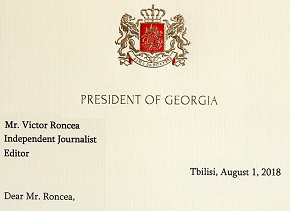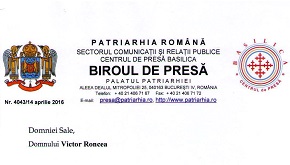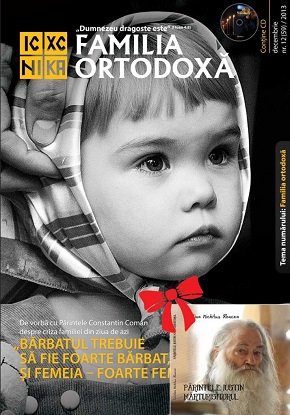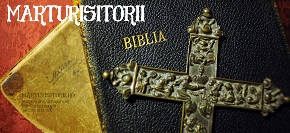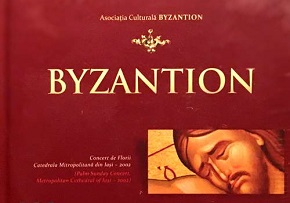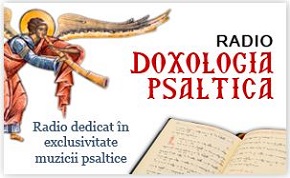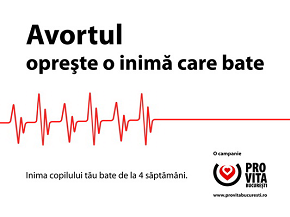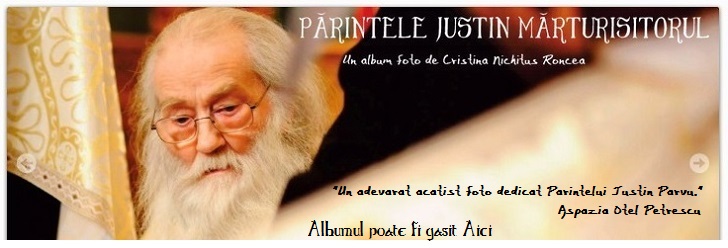 “Motivul pentru care nu facem public acest Raport este ca vrem ca oamenii sa ne voteze si la alegerile europarlamentare din 2009”
“Motivul pentru care nu facem public acest Raport este ca vrem ca oamenii sa ne voteze si la alegerile europarlamentare din 2009”
Oficial european
Un raport intern secret al Parlamentului European dezvaluie abuzuri sistematice ale europarlamentarilor in ceea ce priveste alocatii si bonusuri care le permit sa isi insuseasca profituri de peste un milion de euro in timpul unui mandat de cinci ani, relateaza Sunday Times.
Conform raportului de 92 de pagini, redactat de Robert Galvin, directorul serviciului de audit intern al PE, europarlamentarii au platit asistenti care nu erau acreditati la Parlamentul European si unele companii care nu au desfasurat nici un fel de activitate. Raportul dezvaluie fraude ale europarlamentarilor pentru a sustrage alocatii ale personalului finantate de contribuabili. Spre exemplu, mai multe sume, acordate pentru munca de secretariat, au fost date unei crese al carei director era un europarlamentar. Intr-un alt caz, un europarlamentar a acordat alocatii in valoare de circa 200.000 de euro unei persoane banuite ca ar fi ruda cu el. Raportul se bazeaza pe un esantion reprezentativ de 167 de plati efectuate in octombrie 2004. Existenta sa a fost dezvaluita pentru prima data anul trecut, cand un europarlamentar a facut publica o parte din continutul sau. In pofida acestor fapte stanjenitoare, europarlamentarii au votat sa mentina raportul secret.(M.I./ ZIUA)
Daca doriti sa-l contactati pentru detalii pe autorul Raportului:
GALVIN Robert
Head of Unit
Tel: (352) 43 00-22875
Email: [email protected]
Directorate-General for Finance Internal Audit Unit
Vezi si Brussels Journal
Fraud at the Parliament: MEPs and Money
The secret report about massive embezzlement and fraud by Members of the European Parliament (MEPs) has been written by one Robert Galvin, who is head of unit, internal audit and is based in Luxemburg. Well informed rumours are suggesting that the silence surrounding this report is well warranted. One comment from a senior official, which was passed on to me on Monday, says “the reason that we cannot make this report open to the public is that we want people to vote in the 2009 (European) elections.”
Bruno Waterfield of the Daily Telegraph writes that the Parliament has decided to keep the lid on Mr. Galvin’s report because, as one Parliament spokesman said: “The report does not name people but contains sensitive information that can easily be linked to individuals. For data protection reasons the report can not be published.”
Another spokesman, however, told Waterfield: “The document is not secret. It is confidential. It can be read by certain approved EPs on the Budget Control Committee, in the secret room but not generally. That is not the same as a secret document nobody can read. This is a technical decision not a political one because it was taken by the auditor himself. The decision was not taken by the president or secretary general.”
One thing that really gets my goat is the magnificent definition of the difference between ‘confidential’ and ‘secret’ when it comes to documents. You see that secret means a “document nobody can read” which is as transparent a lie as I have heard for quite a while. Translated this means, “a document that nobody elected can read.” The thing is that politicians, or at least some of them, and Chris Davies of the Lib/Dems is one of them, as is UKIP’s Jeffrey Titford, believe that their duty is to their constituents. There are plenty of people who are allowed to read secret documents, but only those trusted not to reveal the contents, or in other words bureaucrats.
I remember reading a study into disciplinary actions in the European Commission about 8 years ago, what was telling was that very few people are disciplined at all, and those who have been fired are not the corrupt ones, no it is those who have communicated with MEPs and leaked secret documents. (Sadly I have lost this document so I cannot reference it)
The latest statement from the Parliament about Mr. Galvin’s report ends thus:
As the internal auditor’s report has not revealed any individual cases of fraud, he has not recommended referring his findings to the EU anti-fraud agency OLAF. Had the auditor made such a recommendation, the Secretary General would, of course, have acted upon it. It is standard procedure for internal audit reports to be treated as confidential.
Try to parse this if you will and you will notice something.
Robert Galvin’s report is a classic EU study. Nobody is named and was never meant to be named. This was as much statistical analysis as audit. These reports are generalist documents. So given that the protocols of the system forbid naming individuals, and this document was drawn up by someone versed in the protocols, it would be impossible for him to have named names. Therefore when the Parliament tells us that “the internal auditor’s report has not revealed any individual cases of fraud” it is telling the truth. But that is only because the rules forbid him from doing so. If he has audited 167 randomly selected MEPs then he will know who they are. If it is the case, as Mr. Davies has suggested that there are some who should be imprisoned, then Galvin knows who they are. It is that simple. To then say that the confidentiality is a standard procedure is frankly risible. It used to be standard procedure of the British army to wear red and stand in tightly packed squares. The situation changed, so did the procedures. On a different note. On Newsnight yesterday evening one of the MEPs scams was mentioned by which an MEP invites a colleague to visit, which with the invitation can then be claimed for. The MEP can then take a holiday and will reciprocate in due course. Everybody happy apart from the taxpayer.
There is another variation of this.
MEPs receive about 3,700 euros per annum for trips out with the EU. I know of one West Midlands MEP who boasted that he got his holiday in Thailand paid for under this budget. During the week he spent there he popped into the EU ’embassy’ in Bangkok for a short courtesy visit, thus he was able to claim it as a work trip.
From the desk of Elaib Harvey
https://www.brusselsjournal.com/

 February 23rd, 2009
February 23rd, 2009  VR
VR 
 Posted in Uncategorized
Posted in Uncategorized  Tags:
Tags: 










